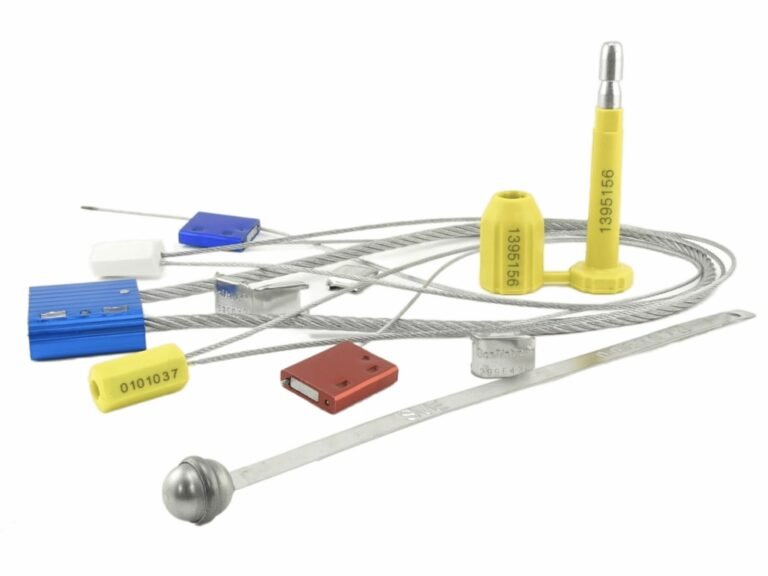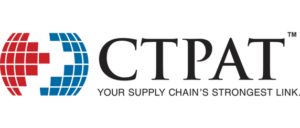
When purchasing security seals, not having CTPAT certification may result in the goods being detained, fined, and even affect the company's import and export qualifications. For the safety of your products, you need to ensure that the supplier is CTPAT certified.
Next, this article will introduce CTPAT and its requirements, the impact of the ISO 17712:2013 standard on security seal suppliers, and guide you on how to verify the supplier's CTPAT certification to ensure supply chain security.
CTPAT Partnership
Since its inception in 2001, CTPAT has grown to more than 11,400 certified partners, including importers, transporters, port operators, etc., whose goods account for more than 52% of total imports to the U.S. According to CTPAT regulations, all seals shipped to the United States must use high-security seals that meet the ISO 17712:2013 standard.
ProtegoSeal obtaining the CTPAT certification has brought many benefits to our company. The certification has enhanced customer trust, reduced customs delays and additional inspections, significantly improved logistics efficiency, and also provided the company with a competitive advantage in global trade.

C-TPAT Security Seal Requirements
To meet C-TPAT compliance, security seals must:
Meet ISO 17712 standards for high-security seals.
Have a unique identification number for tracking.
Be single-use and tamper-evident to prevent unauthorized replacement.
Be correctly applied and regularly inspected throughout transportation.
Be properly documented with records of seal numbers and handling details.
The Impact Of the ISO 17712:2013 Standard On Security Seal Suppliers
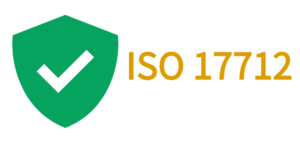
Reduce the number of Customs and Border Protection inspections
Having a CTPAT compliant carrier can provide corresponding certification, reduce the number of customs and border protection inspections, and improve logistics efficiency
Increased Accountability
Suppliers must maintain detailed records of their testing procedures and seal performance. This documentation is essential for certification and helps build trust with customers. Being ISO 17712:2013 compliant reassures clients that the seals are reliable and conform to industry standards for tamper evidence.
Improved Customer Trust and Confidence
Compliance with ISO 17712:2013 improves a supplier’s reputation, as customers can be confident that the seals they purchase are of the highest security and compliance. This gives customers greater confidence when shipping internationally.
Access to CTPAT and Global Markets
For suppliers that provide services to CTPAT (Customs-Trade Partnership Against Terrorism) member companies, compliance with ISO 17712:2013 is often required. Suppliers must meet this standard in order for seals to be accepted for shipment to the U.S. and other international markets that value certified security practices.
Competitive Advantage
Compliance with ISO 17712:2013 standards can give security seal suppliers a competitive advantage in the market. Suppliers with this certification give merchants more confidence. It also has a global market. Individual suppliers without certification may be limited to the domestic market, and the quality of the seals may not be guaranteed.
How to Verify a Supplier's CTPAT Certification

If you want to know whether your suppliers is CTPAT certified, you can judge it in the following aspects:
1. Require suppliers to provide CTPAT certification
Ask suppliers to provide a CTPAT certification certificate or a System Viability Identity (SVI) number, which is assigned to certified companies by U.S. Customs and Border Protection (CBP).
2. Verify on the CBP official website
Visit the US Customs and Border Protection (CBP) website to check the certification status using the SVI number provided by the supplier. Certified companies are usually listed in the CTPAT Partner List, and you can ask your supplier to provide an official link that can be checked.
3. Check if the seal complies with ISO 17712:2013 standard
CTPAT requires that all seals meet ISO 17712:2013 high security standards, which can be confirmed by: Request test reports: Ask suppliers to provide ISO 17712:2013 certification reports from third-party laboratories. Check the seal logo: Seals that meet the standards are usually marked with the "H" (High Security) logo and approved by a certification body.
4. Review supplier compliance and credibility
Evaluate suppliers’ production capabilities, quality control processes, and safety standards. Check the supplier’s reputation through customer reviews, industry feedback, compliance records, etc. If possible, conduct on-site visits or third-party audits to ensure that suppliers strictly adhere to CTPAT and ISO 17712:2013 requirements.
5. Check whether the supplier is a CTPAT member or partner
Although suppliers themselves may not be CTPAT members, their products must meet CTPAT certification requirements. Ask suppliers if they work with CTPAT-certified importers or logistics companies, and check if they are familiar with the relevant compliance processes.
CTPAT compliant security seals
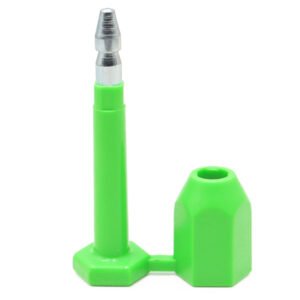
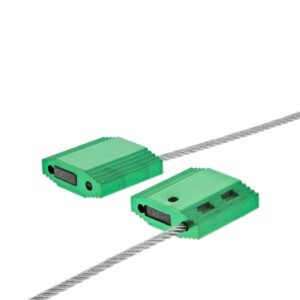
ProtegoSeal is a member of CTPAT and supplies a variety of CTPAT-compliant security seals and certified high security seals. If you need to purchase security seals, please contact us.

